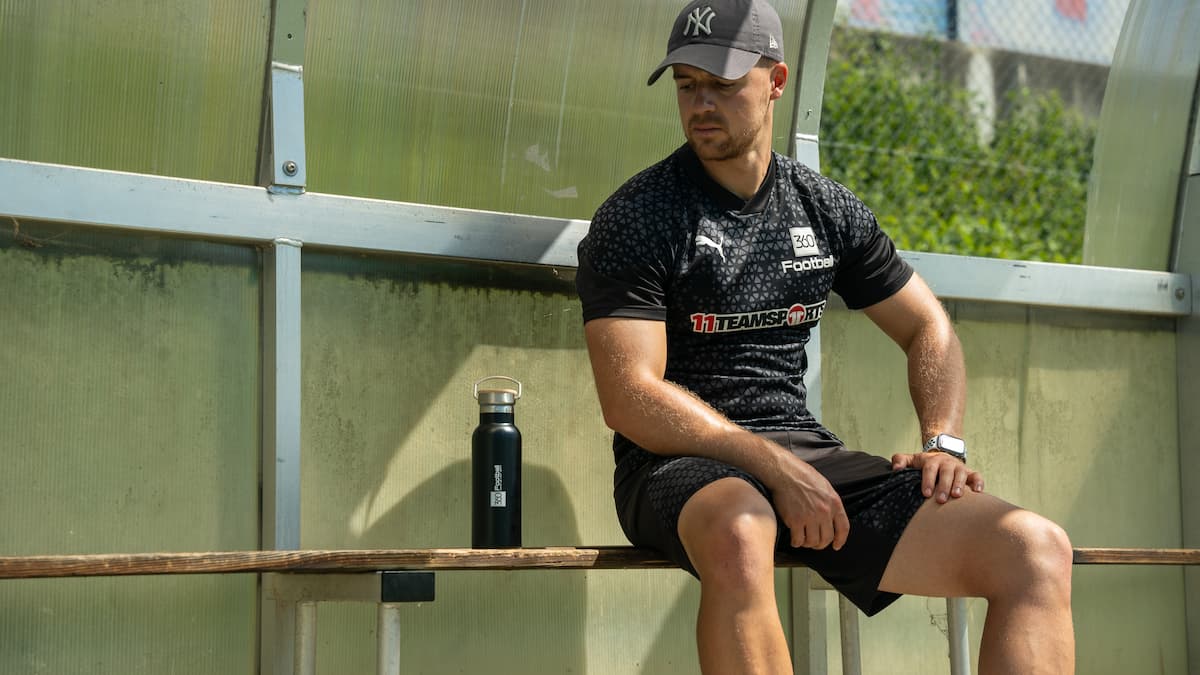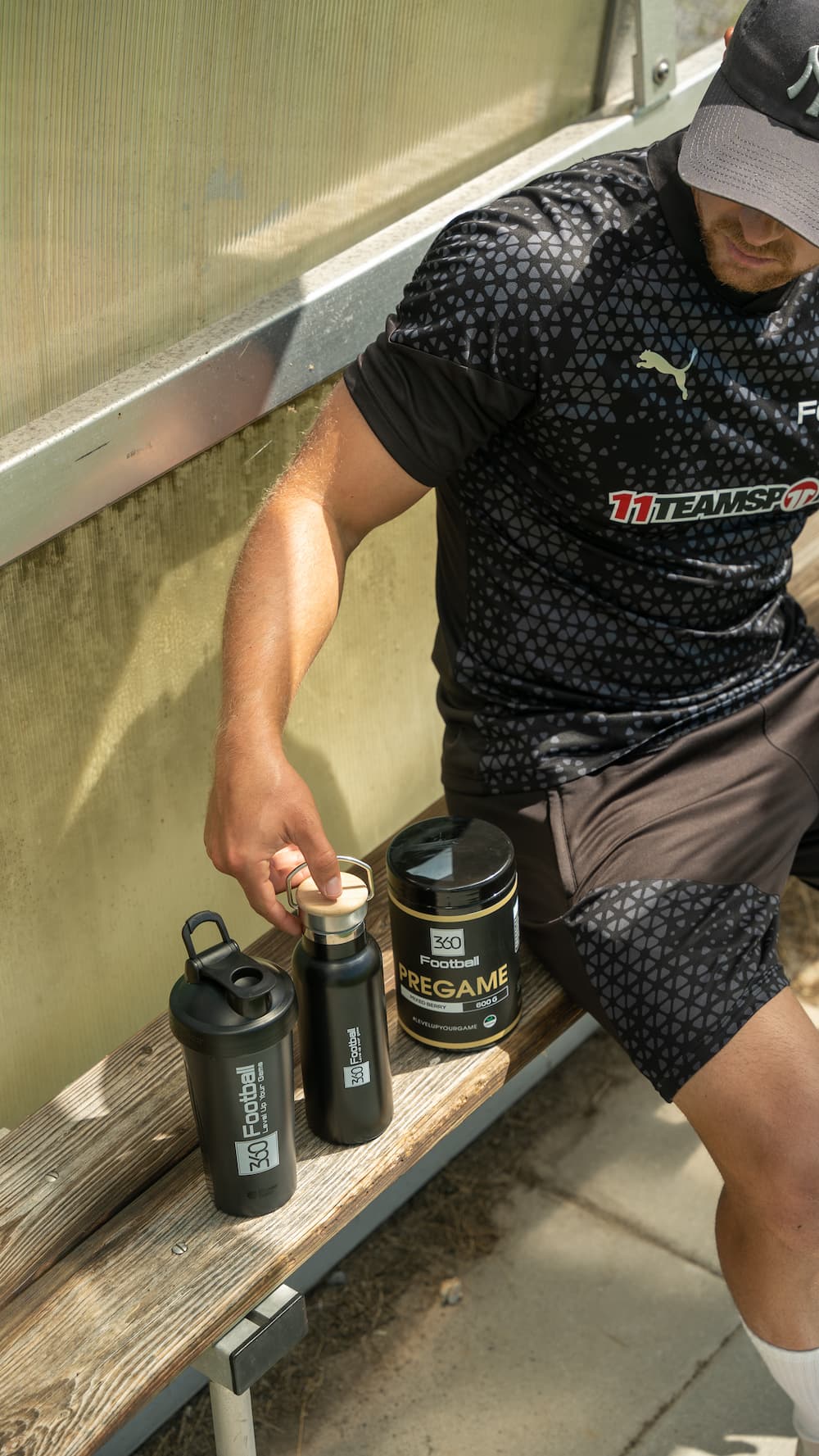introduction
Football, a high-intensity and physically demanding sport, requires athletes to be at their best. In order to shine on the field, footballers often resort to various nutritional supplements to increase physical and mental abilities.
One such supplement that has gained popularity in recent years is ashwagandha . This ancient herb, which has its origins in Ayurvedic medicine, is now making a name for itself in the world of football and promises a number of benefits for players . In this blog post we will explore how Ashwagandha supplementation can be a game changer for football players.
What is Ashwagandha?
Ashwagandha (Withania somnifera), also known as Indian ginseng, is a medicinal herb with a rich history in traditional Ayurvedic medicine. It is revered for its adaptogenic properties, meaning it helps the body adapt to stressors, both physical and mental.

The advantages for footballers
- Better stress management: Football is a high-pressure sport and managing stress is crucial to peak performance. Ashwagandha has been shown to be effective in reducing levels of cortisol, the stress hormone, and helping players maintain calm under pressure.
- Improved Endurance: Soccer games are intense and require players to maintain high levels of endurance and stamina throughout the game. Ashwagandha supplementation can increase the body's oxygen carrying capacity, thereby improving overall endurance.
- Muscle resistance and regeneration: The physical demands of football can lead to muscle fatigue and risk of injury. Ashwagandha can promote resistance and regeneration of the muscular system by reducing muscle damage and inflammation caused by exercise.
- Improved concentration and mental clarity: Mental agility and concentration are essential on the football field. Ashwagandha's adaptogenic properties can improve cognitive function and mental clarity to help players make quick decisions during a game.
- Better sleep: Adequate rest is crucial for regeneration and therefore also for the performance of football players. Ashwagandha has been linked to improved sleep quality, which is associated with better rest.
There are currently no known disadvantages of ashwagandha supplementation.
How to incorporate Ashwagandha
Before adding ashwagandha to your diet, it is important to consult with a health professional, sports nutritionist, or read the evidence on ashwagandha supplementation yourself. This is very important to determine the correct dosage and form for your specific needs. Ashwagandha is available in various forms such as capsules, powder and extracts. We use it in our Pregame360 in powder form.
The optimal dosage
The current data shows positive adaptations at a daily dose of 125 - 600 milligrams . We recommend starting with a low dose and taking ashwagandha daily for 6-8 weeks. It is then recommended to take a break for 1 - 2 weeks to rule out possible tolerance adjustments.
Conclusion
Ashwagandha supplementation offers a promising opportunity for footballers to improve their performance and overall well-being. Their adaptogenic properties, stress-reducing abilities, and potential endurance and recovery benefits make them a valuable addition to players' diets. However, it is important to remember that individual reactions may vary. With the right guidance , Ashwagandha can actually be a game changer for soccer players who want to improve their performance and get the most out of themselves.
For this reason, Ashwagandha is included in our Pregame360 , the high-quality booster for footballers.
Sources:
Effects of Ashwagandha (Withania somnifera) on Physical Performance: Systematic Review and Bayesian Meta-Analysis - Wankhede et al 2015
https://www.ncbi.nlm.nih.gov/pmc/articles/PMC8006238/




